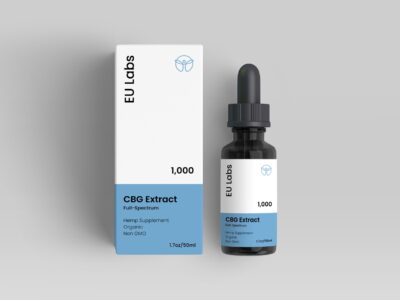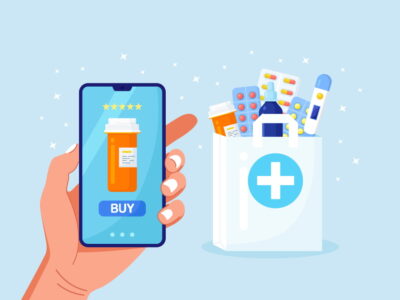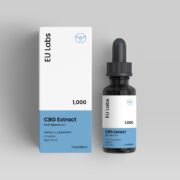Buying supplements online to lower cholesterol levels or improve heart health seems appealing with all the choices, deals, and promises. However, the world of dietary supplements lacks regulation and oversight, leaving consumers vulnerable to false claims, questionable quality, and even danger. Arm yourself with knowledge before you click that buy button.
Watch out for exaggerated health claims
If the marketing materials for a cholesterol supplement claim it cures heart disease, reverses atherosclerosis, or replaces statin medication, close that browser window! No dietary supplement legally makes such bold health claims. Supplement labels only make structure/function claims tied to the nutrient’s role in the body, like “vitamin E supports antioxidant activity” or “fish oil supports heart health”. Nothing more specific or treatment-related is permitted without extensive clinical research the manufacturer rarely possesses. If the marketing seems too good to be true, it probably is.
Research the active ingredients
Just because a product claims to lower cholesterol or support heart health does not mean it contains ingredients proven to do so clinically. You need to research each active component individually. For example, omega-3s like EPA and DHA have demonstrated repeatedly in clinical trials the ability to lower triglycerides, reduce artery inflammation and plaque buildup, lower blood pressure, and mildly decrease LDL while raising HDL cholesterol. Plant sterols/stanols also reliably reduce LDL cholesterol absorption from food when consumed in sufficient daily amounts. However, other trendy ingredients like coconut oil or forskolin have limited or no quality research supporting cholesterol or cardiovascular benefits right now. Know what is in a supplement and the science backing it before purchasing.
Check for third party testing and certifications
Any legitimate cholesterol supplements manufacturer sends its raw materials and finished products out for third-party testing to validate ingredient purity, potency/dosages, and the absence of contaminants. They also comply with current Good Manufacturing Practices (GMPs). Look for such testing as ISO, USP, NSF marks, or even better, certification from reputable third-party companies like ConsumerLab or NSF International. These provide the added assurance you are getting what the label claims in a high-quality, professionally produced formula. Without verification from independent testing, you risk ineffective or inconsistent dosing, dangerous contaminants, or a basic lack of safety.
How long have they been in business? What is their reputation? Do they have a quality guarantee? Can you easily contact them with questions? Do they maintain transparency by providing third-party testing reports? A shady, fly-by-night company with zero transparency and accountability raises big red flags you shouldn’t ignore. An established company willing to stand behind its products demonstrates confidence in what they sell.
Integrates with your treatment plan
Dietary supplements support health; they don’t replace professional treatment plans. If your doctor prescribes medication or lifestyle changes for high cholesterol, inform them about any supplements you consider taking to ensure safety and consistency. Some supplements like red yeast rice, guggul, and plant stanols impact the effectiveness of certain cholesterol medications. Omega-3s, garlic, and turmeric pose much lower interactions but reporting all supplement use allows doctors to provide fully informed guidance. Never stop prescribed treatments or alter medication dosages without your physician’s oversight.













Comments